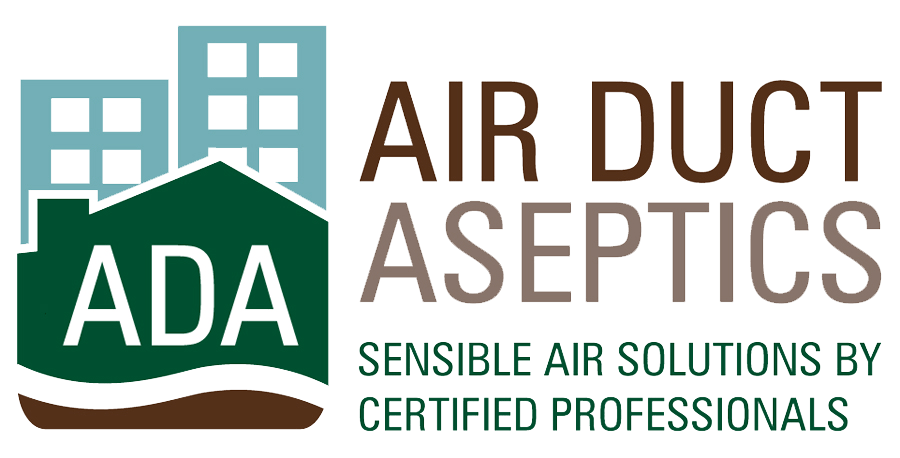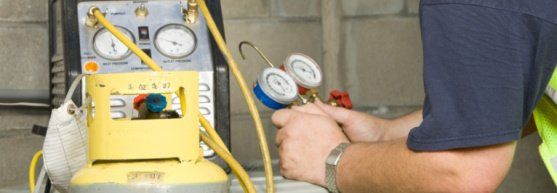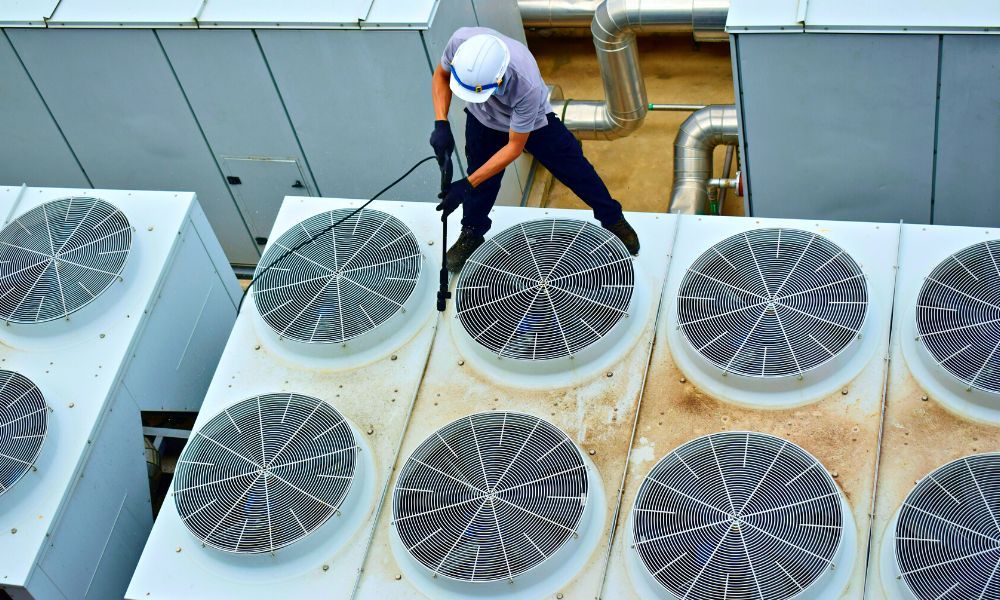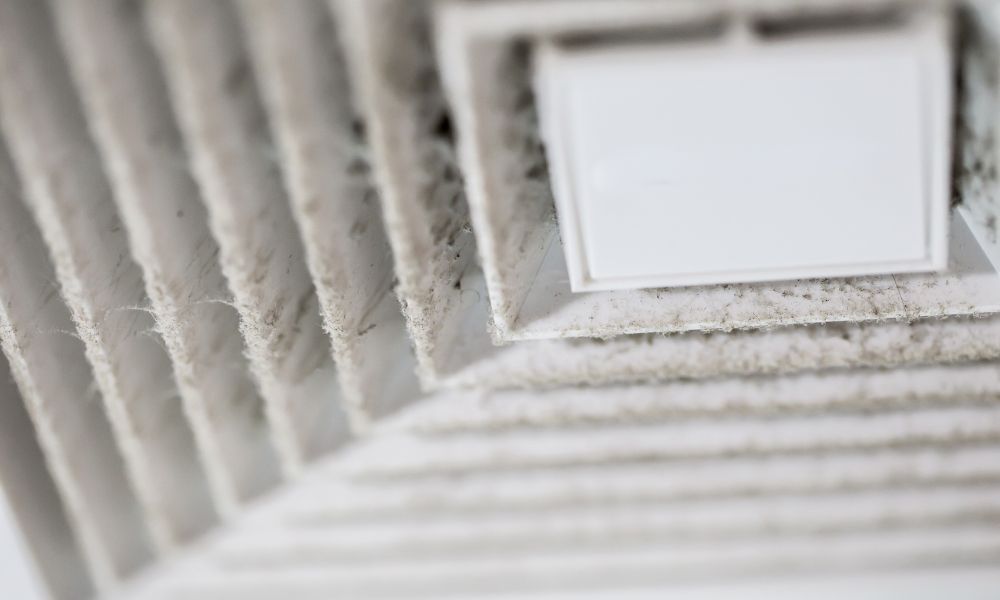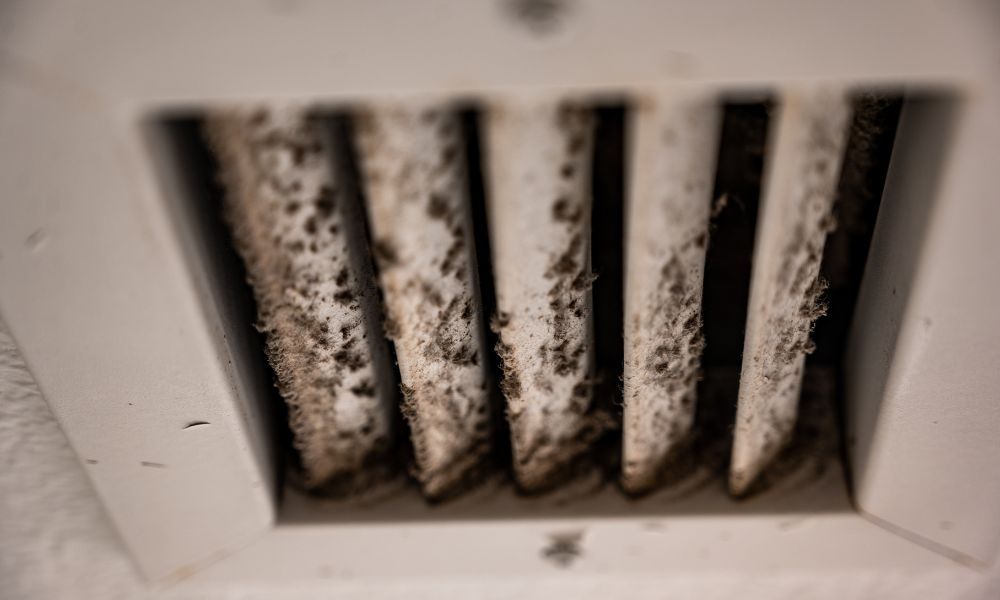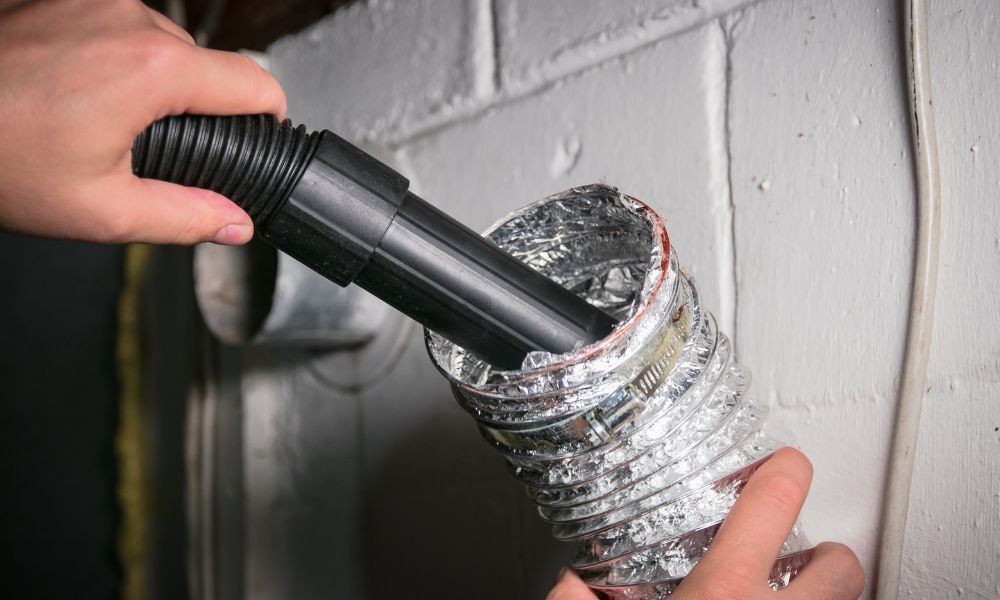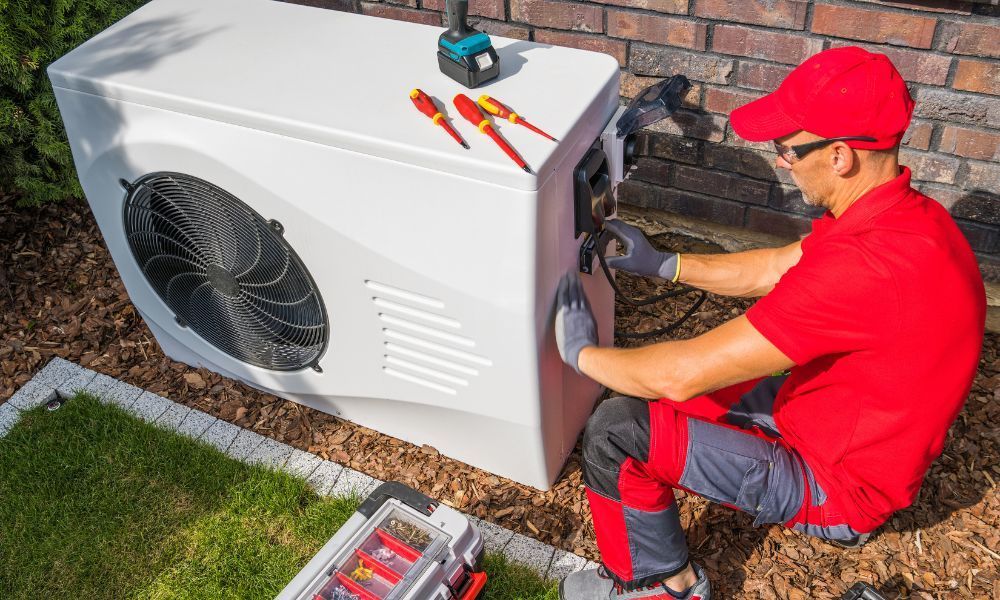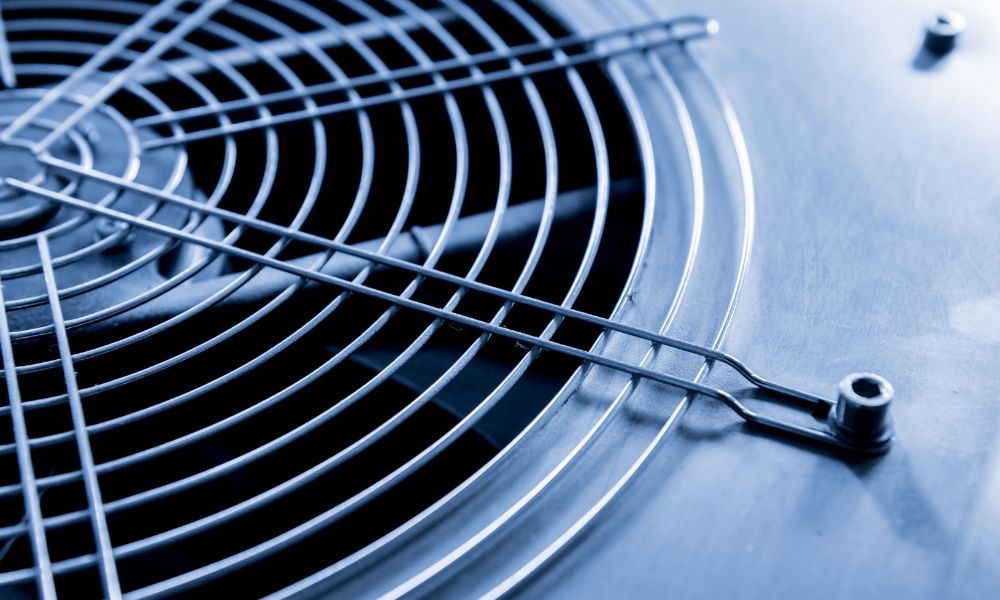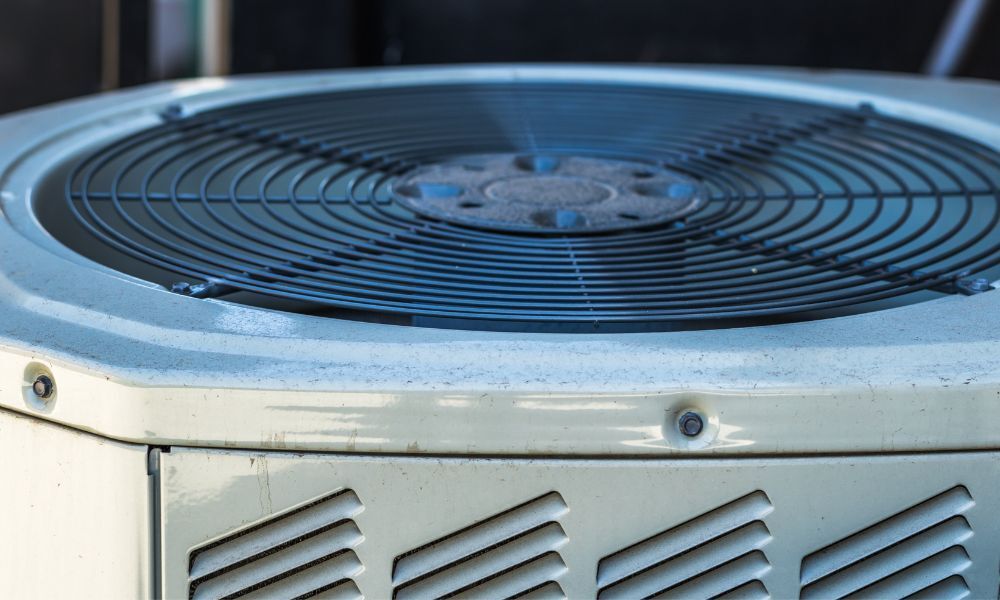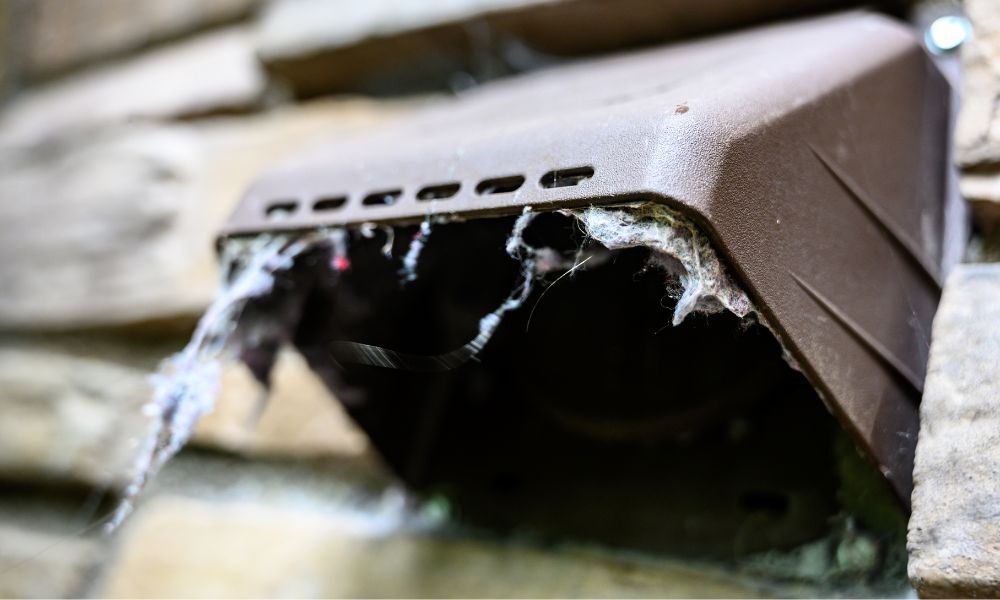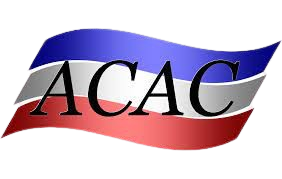7 Most Common Air Conditioning Problems
Admin • May 21, 2014
Improper operation
One of the most common air conditioning
problems is improper operation. If your air conditioner is on, be sure to close your home’s windows and outside doors. For room air conditioners, isolate the room or a group of connected rooms as much as possible from the rest of your home.
Faulty installation
Another common problems with existing air conditioners result from faulty installation, poor service procedures, and inadequate maintenance. Improper installation of a central air conditioner can result in leaky ducts and low airflow. Many times, the refrigerant charge (the amount of refrigerant in the system) does not match the manufacturer’s specifications. If proper refrigerant charging is not performed during installation, the performance and efficiency of the unit is impaired. Unqualified service technicians often fail to find refrigerant charging problems or even worsen existing problems by adding refrigerant to a system that is already full.
Air conditioner manufacturers generally make rugged, high quality products. If your air conditioner fails, begin by checking any fuses or circuit breakers. Let the unit cool down for about five minutes before resetting any breakers. If a central air conditioner’s compressor stops on a hot day, the high-pressure limit switch may have tripped; reset it by pushing the button, located in the compressor’s access panel.
Refrigerant Leaks
If your air conditioner is low on refrigerant, either it was undercharged at installation or it leaks. If it leaks, simply adding refrigerant is not a solution. A trained technician should fix any leak, test the repair, and then charge the system with the correct amount of refrigerant. Remember that the performance and efficiency of your air conditioner is greatest when the refrigerant charge exactly matches the manufacturer’s specification, and is neither undercharged nor overcharged. Refrigerant leaks can also be harmful to the environment.
Inadequate Maintenance
If you allow filters and air conditioning coils to become dirty, the air conditioner will not work properly, and the compressor or fans are likely to fail prematurely.
Electric Control Failure
The compressor and fan controls can wear out, especially when the air conditioner turns on and off frequently, as is common when a system is oversized. Because corrosion of wire and terminals is also a problem in many systems, electrical connections and contacts should be checked during a professional service call.
Sensor Problems
Room air conditioners feature a thermostat sensor, located behind the control panel, which measures the temperature of air coming into the evaporative coil. If the sensor is knocked out of position, the air conditioner could cycle constantly or behave erratically. The sensor should be near the coil but not touching it; adjust its position by carefully bending the wire that holds it in place.
Drainage Problems
When it’s humid outside, check the condensate drain to make sure it isn’t clogged and is draining properly. Room air conditioners may not drain properly if not mounted level.
Scheduled Preventative Maintenance
Once your A/C system has been properly cleaned and remediated, simple ongoing schedule maintenance inspections should be performed to ensure your continued clean and healthy air.

Until the development of the Aeroseal duct sealing technology, there was no efficient or notable effective method of sealing remote leaks in HVAC ducts. In the past, we have crawled attics feeling and looking for leakage, but only if it was accessible. Aeroseal changed all that! We can now seal ductwork from the inside-out! With documentable results! Signs of duct leakage can include particularly hot or cold rooms, dark lines on the edges of carpets, temperature changes between floors, uncomfortable rooms due to different humidity levels, dirt streaks from supply diffusers or severe allergies when inside. Residential duct leakage is prevalent and a significant source of HVAC energy waste across the country. Aeroseal can help lower energy bills (on average, a homeowner can save between $300-$1000 or 5% to 30%) Aeroseal can reduce temperature variations between rooms and floors, reduce humidity in rooms and fix hot or cold rooms issues. Aeroseal can help improve indoor air quality by reducing pollutants, allergens and dust entering the air stream from wall cavities or attics. Call us today at (888) 707-7763 to find out how investing in your home by sealing ductwork leaks can return in energy savings and give you increased comfort in your home.



